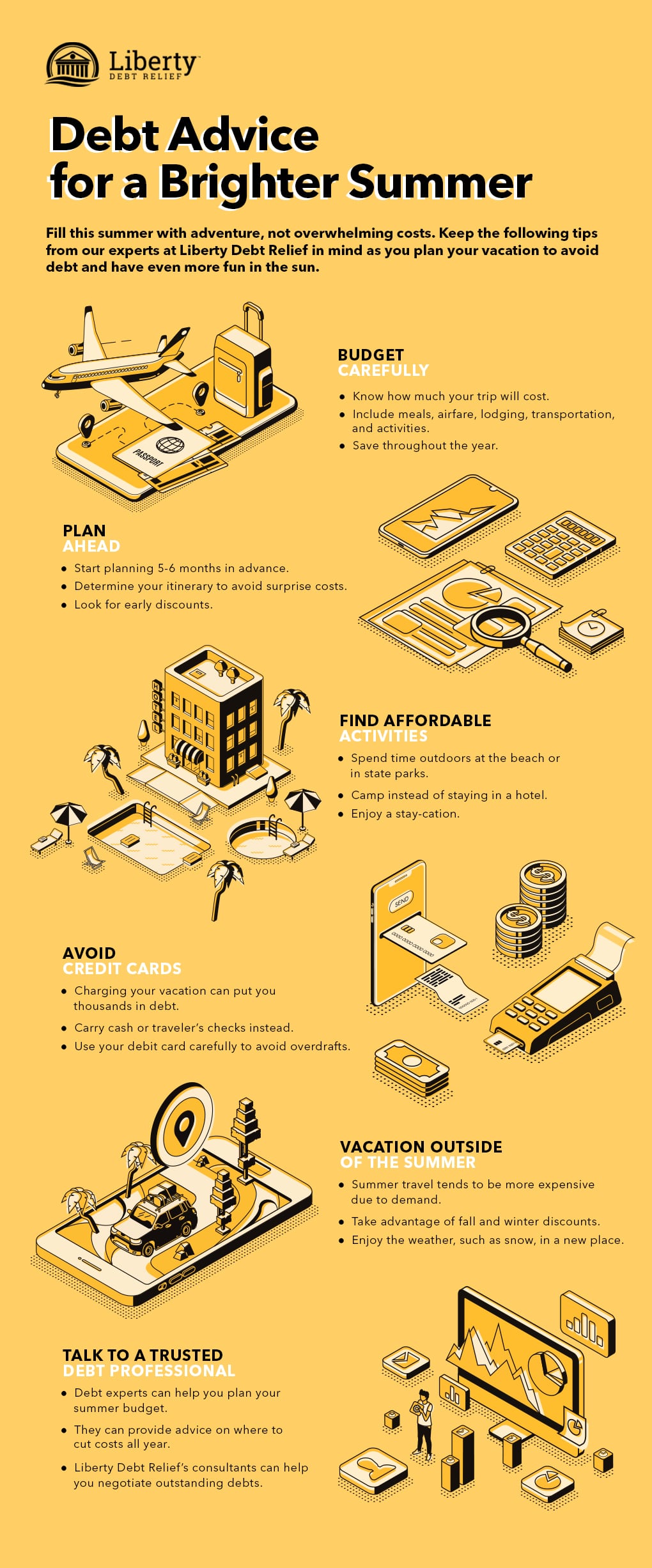Who doesn’t love to save money? When you are struggling with severe debt, saving money may even be your only choice. Many times, debt relief programs recommend that consumers apply for a credit card debt consolidation loan to try and help with saving money and paying off debt. Through this kind of debt relief, multiple unsecured loans are rolled into a single reduced monthly payment with a lower interest than you previously had.
While consolidation can be a great option for some people, however, not everybody will qualify. Luckily, there are plenty of other debt settlement services available to help you gain more financial freedom. Find out how the following debt consolidation alternatives can help you meet your fiscal goals and better your situation in no time at all.
Try Developing a Strict Personal Finance Plan
The first thing you should always try, even before you apply for a credit card debt consolidation loan, is attempting to track for finances. Even though all forms of debt can be extremely overwhelming, it may be possible that some simple restructuring in your life could aid in your debt relief efforts.
To use this tactic, the very first thing you absolutely must do is establish a budget. Write down how much money you will earn each month and then list all of your expenses in order of most important to least important, with things like rent, debt, and utility bills on top and things like pedicures, dry cleaning, and eating out at the bottom.
Start crossing off unnecessary expenses from the bottom of your list and stop spending money on these while you are trying to get out of debt. The money you would normally spend on these activities or expenses can now go toward your credit cards, personal loans, and other debts. And if you ever have any additional unexpected money, that should go towards paying off your debt as well.
In order for this option to work, you just have to make sure that you stick to your budget and pay all of your bills on time. It will certainly be difficult making lifestyle changes to support this, but a year or two of doing so will set you up for a much healthier financial future.
Get an Official Debt Management Plan
If figuring out your own budget and finding a way to stick to it is a little harder than originally thought, debt management plans (DMP) can be better debt consolidation alternative. Through this route, an accredited and non-profit company will try to negotiate on your behalf with creditors with which you have unsecured debts. They will attempt to lower the amount that you owe, establish lower interest rates, and set up a payment schedule that will work for both your lenders and your budget. Most often, a debt management plan is a great solution for dealing with high medical bills and credit card bills.
These plans will usually allow you to pay off your debts between three and five years. Once the terms are established, the person or company you are working with will help you come up with an official budget. They will thoroughly sift through your income and your expense history and help you determine changes you can make to pay off your new debt plan. For many people, sticking to a DMP can be a lot easier because of the contractual obligations. If you miss any payments or no longer stick to the terms of your debt management plan, the contract can be terminated and you will owe more money and likely have your interest rates rebounded.
Commit to a Debt Settlement Program
One of the best alternatives to a credit card debt consolidation loan is a debt settlement plan with an accredited agency like Liberty Debt Relief. When you enter a debt settlement program, you will work one-on-one with a certified debt relief consultant whose one goal is to negotiate on your behalf with your lenders and get you out of debt.
Before negotiations begin, your appointed consultant will sit down with you and go over your financial situation. They will look at your income and expenses and help determine exactly what amount you are able to settle your debts for based on your income. They will usually help you come up with a goal settlement that’s about 40 to 50 percent less than the original amount, as well as a settlement that is less than what you want but still manageable with your budget, usually 20 to 30 percent less than the original amount.
During negotiations, your debt relief consultant will also work to lower or completely get rid of any late fees or interest rates so that you can focus on the premium and not the additional roundup of fees. This plan works best for people who have expressed a significant financial hardship, such as the loss of a spouse, loss of income, or expensive medical issues, as companies will often be more understanding and willing to work with you.
Get Professional Advice
The best thing to do in just about any financial situation is tto seek advice and information from professionals. At Liberty Debt Relief, our consultants have years of experience and extensive knowledge about debt laws, regulations, and most importantly, solutions. We know that there is no one-size-fits-all fix for addressing debt, and will make sure to work with you around your needs and goals.
Contact us today to find out more about what alternatives to credit card debt consolidation loans will work best for you. We are happy to offer a free consultation and help you reach your ultimate financial goal.





